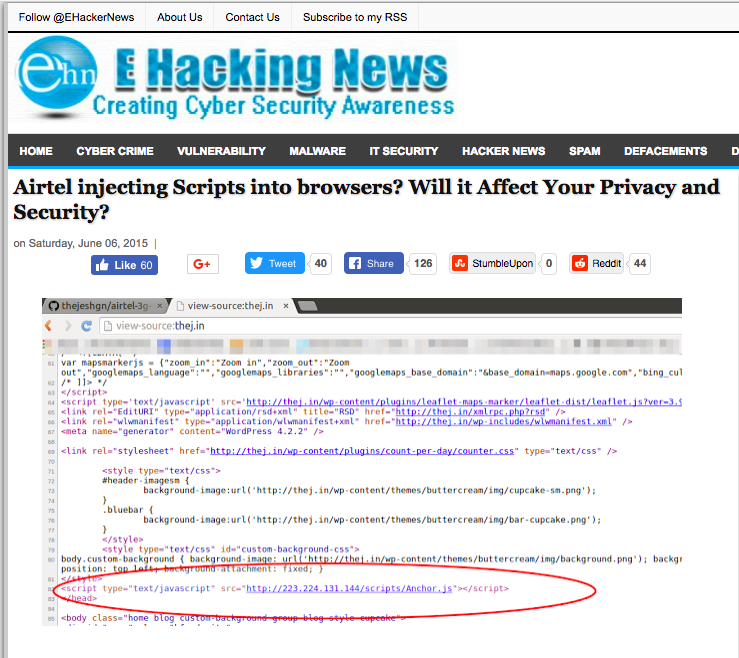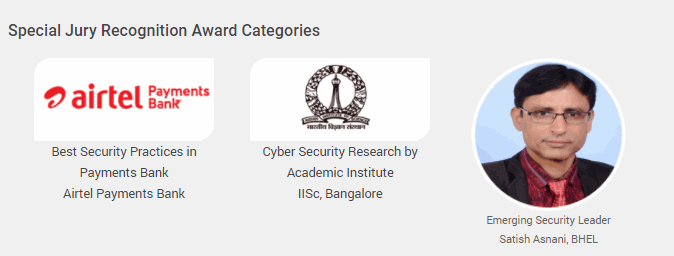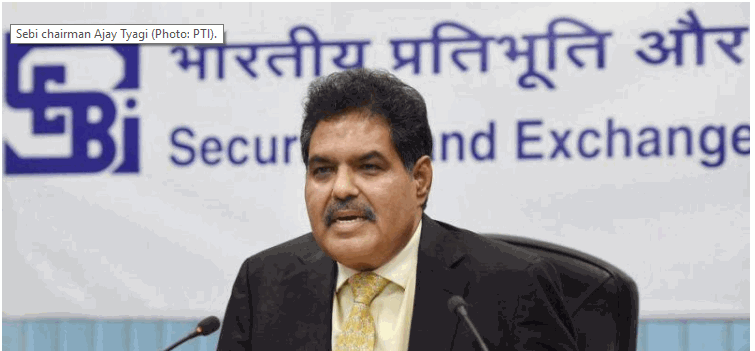Recently, I was posed a question as follows:
Quote:
Mr A who produced the CDR from SERVER with Sec. 65B certificate which was filed in the court by IO. However, since Mr. A was not produced as witness, both the CDR as well as Sec. 65B certificate issued by Mr. A were not proved in court. The prosecution produced Mr. B in the court as witness to prove the CDR. Mr. B brought a fresh printout of the CDR from the computer where Mr. A had saved it, before leaving the MSP. The fresh printout of the CDR and the earlier one, both are exactly identical and both carry the same date on which the first person (Mr. A) had produced the CDR from SERVER. Mr. B also brought a fresh Sec. 65B certificate, signed by him. He also stated that in his testimony that the CDR had been transferred from SERVER to the computer by Mr. A, and now he (Mr. B) has brought a printout of the same. In this scenario, when the original Sec. 65B certificate issued by Mr. A has not been proved, although on record, how the court will hold the subsequent Sec. 65B certificate issued by Mr. B valid in law.
Unquote:
P.S: My views on the above are given below. It may however be noted that-
I am aware that there are a few professionals who may not agree entirely with what is stated here. However, I consider that we are still in the process of crystallising the Cyber Jurisprudence regarding submission of Section 65B certificates and some differences of opinion are natural and are also welcome.
I am also aware that some Courts have accepted certificates under Section 65B under circumstances that are contrary to my view also. Even such decisions are part of the development of Cyber Jurisprudence.
We must not forget that even the honourable Supreme Court in 2005 made a mistake in the Afsan Guru case which was corrected in the Basheer case on 18th September 2014. In 2004 itself honourable judge of AMM Egmore Court, Chennai in the Suhas Katti case and Trisha defamation case had established certain principles consistent with the views held by me since 17th October 2000 till date. Some experts argued that after the Afsan Guru judgement, my views were incorrect at least partially. But they had to accept the views after the Basheer judgement.
Similarly, what I am stating here could be disagreed with by some advocates and even by some Courts. Even in such a circumstance, I expect that these views will prevail in due course…. Naavi
Under Section 65B it is not mandatory that the certifier has to be a “Witness”. Even if this is so, the only requirement is to identify the person who has signed the report and to confirm to the Court that the report itself is not forged. If however, there are means for the Court to establish that a given report is not forged, then there is no need for the person to be also produced as a witness.
In fact, “Oral Evidence” with respect to an “Electronic Document” is not acceptable. When the signatory of a Section 65 B certificate stands as a Witness, he cannot therefore provide any information other than what is already written down in the certificate.
He can only say “This is my signature. This report does not appear to have been tampered with”.
If he starts saying anything outside the written report, it could either be considered as “Irrelevant” or “An Opinion for which the witness has to be considered as an Expert Witness under Section 45A of IEA”.
The structure of Section 65B Certificate, if submitted in the correct format, is such that it would indicate the process by which the “Computer Output produced for Evidence” was produced and if any other person of ordinary prudence under similar circumstances repeat the process, he should get similar results. The exception would be when the evidence in the original binary form has been erased by some body in which case it would be a section 65 and Section 67C offences under ITA 2000/8. Then the Court has to admit or reject the computer output based on the establishment of the fact whether the witness is reliable or considered unreliable. If considered unreliable, the witness could be charged for perjury and hence Court has to be reasonably convinced that the witness is falsifying the document before rejecting the certificate or atleast qualify the rejection suitably so as not to endanger an honest witness who has produced the certificate in good faith.
In the instant case, it was not necessary for A to be produced as a “Witness” and hence the contention that because he was not available as a witness, the document is not proved is in my opinion incorrect, though it may be an age old practice in respect of paper based documents.
We are here not discussing evidence which is “Oral” or “Documentary” but another category of evidence which under Section 17 of IEA is classified as a document “contained in electronic form” (Electronic Document).
Rules for admission of an “Electronic Document” is based only on Section 65B and other sections and prior practices are irrelevant.
Prosecution may therefore argue that the rejection of the first certificate was itself not correct, though I am not aware if it was produced and presented as per the standards which I recommend under Cyber Evidence Archival Center. (Naavi: Other experts are open to disagree that the standards set by CEAC need not be accepted and reject my views if they so desire. ).
Additionally, B has two options. Since he is an authorized person to log in to the server and view the CDR once again, he can do so and produce another Section 65B certified Computer Output which should be admissible in the proceedings. He can testify his signature to the report and that the report has not been tampered with by personal deposition and the Court would be comfortable.
Alternatively, his certificate can create a new Computer Output which may say, ” I observed a document in xxx computer, which contained a document named……….. which has been produced here under the process described……..” etc.
The defence may after admission, question the genuinity of the original binary document on the basis of which B’s certificate was produced. If the Court has reasons to accept the objection as reasonable and relevant, it can then call another expert under Section 45A to enable the Court to take a final decision. Court in my opinion need not reject B’s certificate for admission but accept the defence plea to call in another expert to assist the Court in examining the genuinity of the document.
This will naturally rise another question whether such an “Expert” should necessarily be a Section 79A accredited Government agency. Since no such entity exists as of now and also that Section 79A does not necessarily say that any evidence given by any other expert is null and void, it is open to the Court to call an expert on whom they can rely on and satisfy itself about the genuinity of B’s certificate.
I hope this satisfies the query.
(Kindly note that this is only the opinion of the undersigned as a person who has a demonstrated experience in the field related to Cyber Evidence and has submitted over 105 Section 65B Certificates since 18th February 2004 when the first certificate was produced and I was examined as an “Expert” in the Court on a subsequent date.)
Naavi









